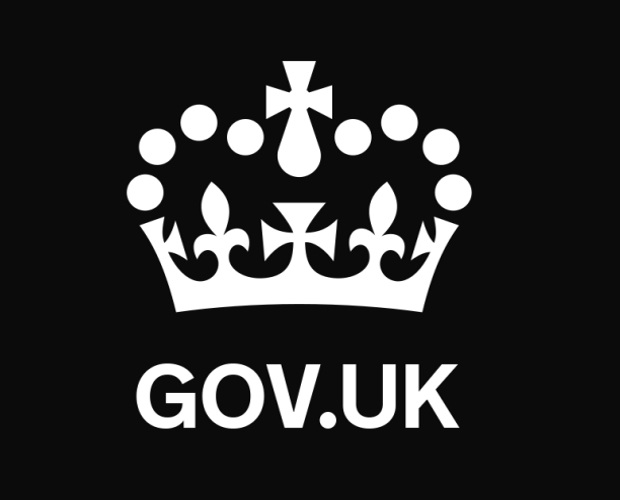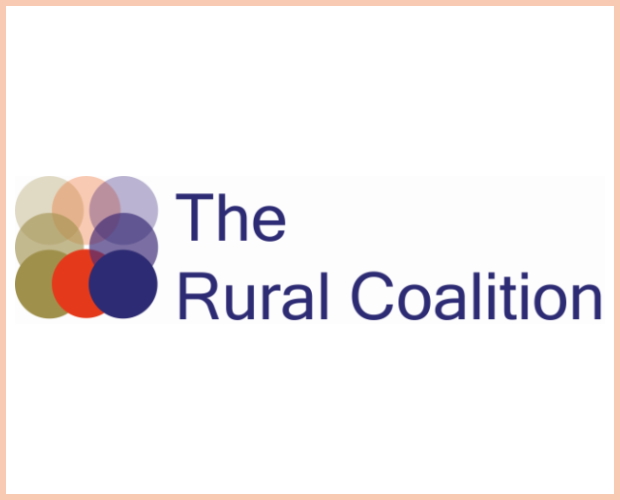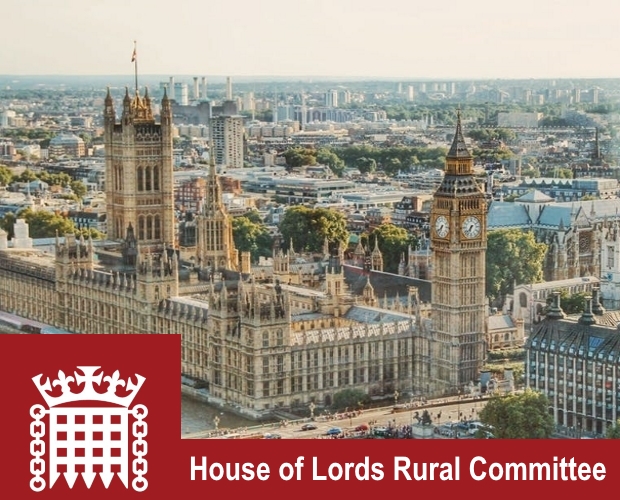T: 01822 851370 E: [email protected]
Visit RSN Survey about life in rural England to find out more.
The Department for Environment, Food & Rural Affairs have published their second report on rural proofing, examining government action to support the rural economy and rural communities. The report includes the government’s Levelling Up White Paper and the challenges of...
The Rural Services Network has submitted an official response to the Department for Environment, Food and Rural Affairs (DEFRA) on the Consistency of Household and Business Recycling Consultation. RSN’s response incorporates comments from an array of its members with...
The RSN will produce a Rural Lens Review of the Queen’s Speech and the Government’s supporting document for circulation with the Bulletin next week Our overarching comments at this stage are: Many of the measures in the Queen’s Speech...
RURAL PROOFING IN ENGLAND 2020 REPORT COMMENTS FROM THE RURAL COALITION In March 2021 the Department for Environment, Food & Rural Affairs (Defra) published its first annual rural proofing report, Rural Proofing in England 2020. In doing so, it invited...
The House of Lords Rural Economy Committee met for a final evidence session on the Government’s vision for the rural economy on Tuesday 22 January. The committee heard evidence from: Michael Gove MP, Secretary of State for Environment,...
The Bishop of At Albans has warned that government decisions often fail to take into account the needs of rural communities. Speaking in the House of Lords, Alan Smith said policymakers had “gone backwards in terms of our grasp of...
The government has published its latest guidance to assess the effects of its policies on rural areas. Rural areas are home to one-fifth of England's population and a quarter of all registered businesses – contributing over 16% of England's economy each...
Rural proofing aims to ensure that services, projects and policies are designed so that they reach rural communities and are suited to rural circumstances. Rural delivery can be challenging as a result of factors such as population sparsity, travel distances,...
The Rural Services Network calls upon an incoming Government to: Recommit to the principle of rural proofing by Whitehall and its delivery agencies, to ensure a fair outcome for rural communities. Make clear that that commitment comes from the...
NEWSLETTER
Sign up to receive all our latest news and updates.
HOT TOPICS
Amid reduced public spending, fair resource allocation across regions is crucial. Despite a population larger than Greater London, rural areas receive significantly less funding for essential services, even though delivering these services in rural areas is more expensive.
Economic growth is widely acknowledged as essential for national wealth and prosperity and is a priority for political parties. Rural economies, employing millions and home to a higher proportion of small businesses, have potential for growth if barriers are removed.
Rural residents face distinct healthcare challenges, including limited access to transport, longer distances to medical facilities, an aging demographic, housing inadequacies, digital connectivity gaps, and difficulties recruiting health and care workers.
Rural communities are grappling with a severe affordable housing crisis, marked by high house prices, a lack of affordable housing, elevated living costs, and lower incomes, threatening their sustainability and vitality.
Transport is vital for the quality of life and economic health of rural areas, yet it faces challenges such as infrequent public bus services and less Government funding compared to urban regions.
Rural areas, encompassing a substantial portion of England's population and land, play a pivotal role in combating climate change and achieving the net zero target.
In an increasingly digital world, the lack of robust digital infrastructure in rural areas severely limits access to crucial services and stifles economic growth.
A future-focused vision for rural communities involves not just building the right homes in the right places but also ensuring thriving, sustainable communities.
SIGN UP TO OUR NEWSLETTER
Sign up to our newsletter to receive all the latest news and updates.









